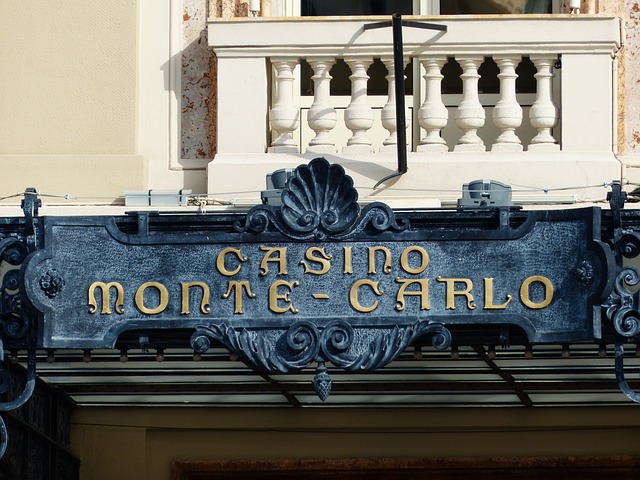Casinos operate within a complex web of legal and regulatory frameworks that vary significantly from one jurisdiction to another. Bizzo Casino, a leading establishment in the world of luxury gaming, understands the importance of adhering to these regulations to maintain its reputation and credibility. From licensing requirements to responsible gambling measures, casinos must navigate a myriad of laws and regulations to ensure compliance and foster a safe and fair gaming environment for their patrons.
At the heart of casino regulation is the issue of licensing, which is overseen by government agencies or regulatory bodies in each jurisdiction. Bizzo Casino, like other reputable establishments, must obtain a gaming license from the relevant authorities before it can legally operate. These licenses typically come with stringent requirements and conditions that casinos must meet, including background checks on key personnel, financial stability assessments, and adherence to strict operational standards.
In addition to licensing requirements, casinos are also subject to a range of regulations aimed at promoting responsible gambling and preventing addiction. Bizzo Casino takes these responsibilities seriously and implements measures such as age verification checks, self-exclusion programs, and limits on betting amounts to protect vulnerable players and minimize the risks associated with gambling. Furthermore, the casino may be required to contribute to problem gambling support services or participate in public awareness campaigns as part of its regulatory obligations.
Moreover, casinos must comply with anti-money laundering (AML) and counter-terrorism financing (CTF) regulations to prevent criminal activity and ensure the integrity of their operations. Bizzo Casino, like other establishments, is required to implement robust AML/CTF policies and procedures to detect and report suspicious transactions, verify the identity of customers, and maintain detailed records of financial activities. Failure to comply with these regulations can result in severe penalties, including fines, loss of license, and reputational damage.
Furthermore, the taxation of casino revenue is another significant aspect of casino regulation, with governments imposing various taxes and fees on gaming revenue to fund public services and infrastructure projects. Bizzo Casino, for example, may be subject to both federal and state taxes on its gaming revenue, as well as additional fees for licensing, regulatory oversight, and contributions to problem gambling support services. These financial obligations can have a significant impact on the profitability of casinos and must be carefully managed to ensure compliance with regulatory requirements.
Additionally, casinos may be subject to advertising and marketing regulations that govern how they promote their services to the public. Bizzo Casino, for instance, must ensure that its advertising campaigns are truthful, transparent, and compliant with relevant laws and guidelines. This may include restrictions on advertising content, placement, and targeting, as well as requirements to include responsible gambling messaging and information about support services for problem gamblers.
In conclusion, the legal and regulatory frameworks governing casinos worldwide are complex and diverse, encompassing a wide range of issues from licensing and responsible gambling to anti-money laundering and taxation. Bizzo Casino and other reputable establishments must navigate these regulations carefully to ensure compliance and maintain their reputation and credibility in the industry. By adhering to the highest standards of integrity and accountability, casinos can create a safe and fair gaming environment that protects players and upholds the integrity of the industry as a whole.
